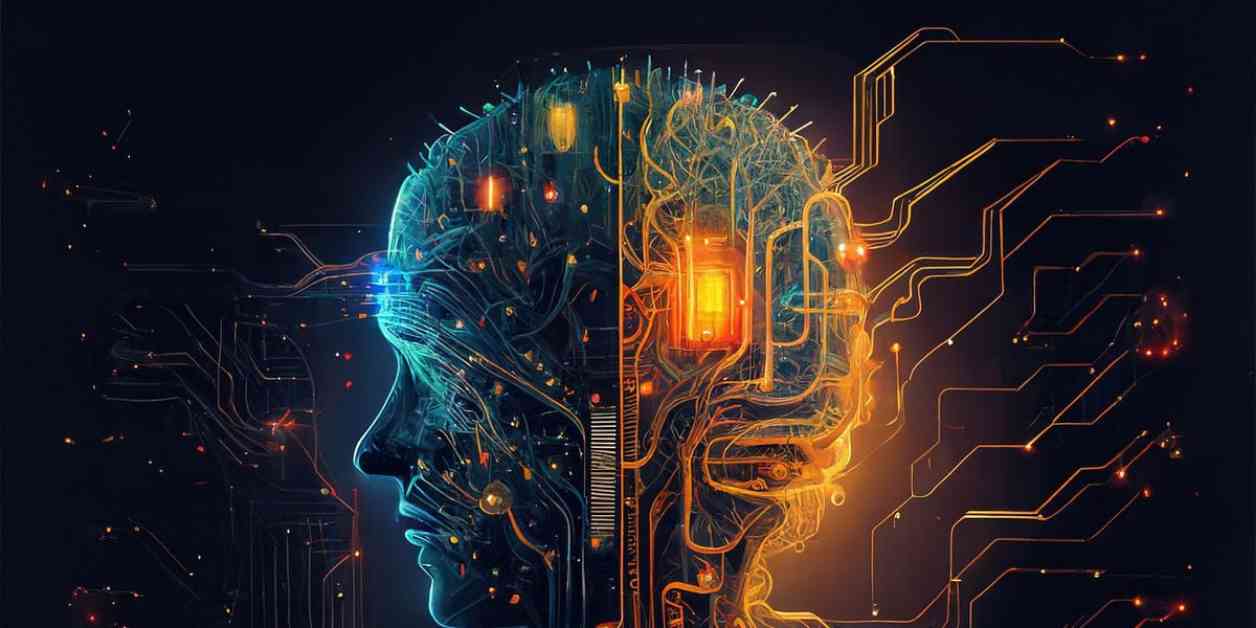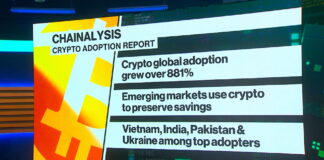As technology advances, one key question arises: how can we create systems that empower individuals while preventing misuse? The solution may be found in a new type of autonomous digital technology called “agents.” Agents are self-regulating systems designed to function independently, securely, and transparently on the Internet.
When we hear about autonomy in technology, it often brings up concerns about artificial intelligence going rogue, systems spiraling out of control, and a loss of human oversight. However, agents can be a complement to human efforts rather than a replacement. These verifiable autonomous systems enhance user empowerment by instilling trust in technology and efficiently managing high-stakes tasks.
Autonomous technology, when implemented thoughtfully, can be a valuable ally, especially as we navigate the challenges and implications of increasingly powerful artificial intelligence. A crypto agent is a type of autonomous technology – a specialized software program that operates on a blockchain or within a decentralized environment. It uses cryptographic tools to conduct transactions, make decisions, and interact with resources both on and off the blockchain without the need for human intervention.
Unlike “generative” AI, crypto agents are impartial technology that prioritizes security and integrity by design. They adhere to predetermined rules, making them predictable, resistant to tampering, and suitable for applications with high stakes. This type of autonomous technology is not just reserved for futuristic scenarios; it is already being used in real-world applications like the Surtrac traffic system in Pittsburgh, which coordinates traffic lights to reduce wait times.
By implementing autonomous technology on blockchains, we are moving towards a future where technology is centered around the user. The trust is embedded directly into the systems, enabling transparent and secure interactions across various applications. Lit Protocol is currently the only network that is live with a secure setup to ensure that agents are autonomous. The network manages a distributed private key that is programmable across a network of nodes running encrypted virtual machines.
These agents enhance security, reduce reliance on central authorities, and eliminate intermediaries, giving users more control over their digital interactions. They have applications in finance, data sharing, education, and more. For example, agents are used in decentralized digital asset trading on platforms like Genius Terminal and in data sharing to control information sharing and exchange it for personalized recommendations.
As AI-generated content becomes more prevalent, agents may play a crucial role in verifying data and authenticating sources to provide clarity in a sea of information. Companies like Fox and TIME are exploring blockchain-enabled content verification, positioning crypto agents as digital guardians of authenticity.
Decentralized infrastructure like Lit Protocol provides the necessary tools for agents to operate autonomously and securely. This architecture allows agents to handle private information and make decisions independently, ensuring privacy, data integrity, and user control.
Crypto agents represent a shift towards secure, user-centered technology that operates independently while maintaining safety and verifiability in interactions. They can assist in verifying information, managing digital assets, and creating a trust-based internet where transparency, empowerment, and privacy coexist. Instead of giving power to machines, crypto agents empower individuals by handling complex processes, serving as reliable allies in the ever-evolving digital world.

















